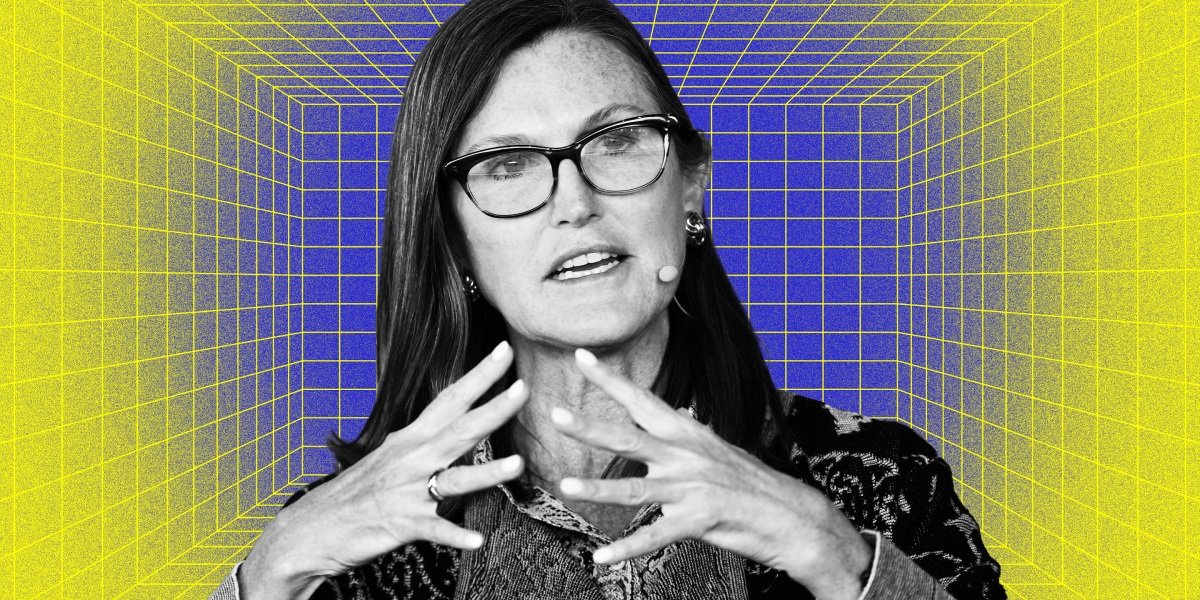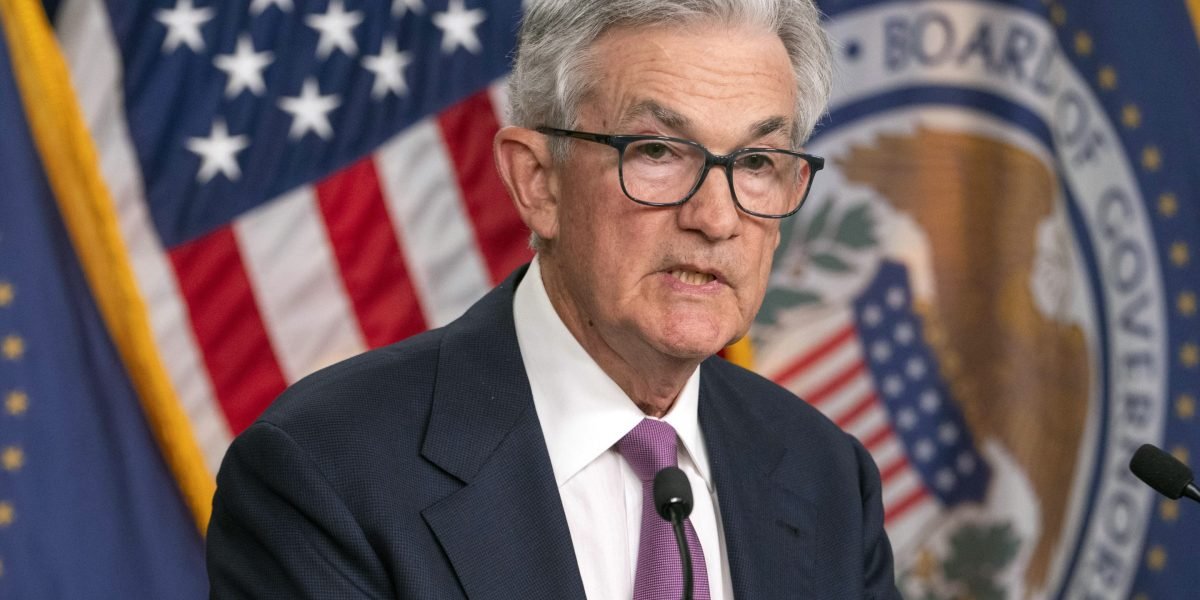I had an opportunity to sit down last week with Cathie Wood at ImPower Fund Forum in Monaco, one of the largest wealth and asset management conferences in Europe. Her investment management firm, ARK Invest, focuses on disruptive innovation and is well-known for big bets on crypto and Web3.
Recently, ARK Invest made headlines by filing an amended Bitcoin ETF application with the Securities and Exchange Commission. Wood, the firm’s CEO and founder, says the timing of the filing, which came after the SEC rejected earlier such bids by ARK and similar firms, could put her company in position to launch the first spot Bitcoin ETF in the U.S.—and gain a significant first-mover advantage in a new market.
During our conversation, Wood shared her views on the broader potential of Bitcoin, the challenges of navigating the regulatory landscape, and her vision for the future of digital assets.
(This interview has been edited for brevity and clarity.)
Can you describe how the idea of starting ARK Invest first came to you?
I saw the traditional asset management world, especially after the tech and telecom bust and the 2008-09 meltdown, move towards passive and benchmark sensitive strategies, and away from innovation. And I said: “No, we have to focus on innovation because there are five major platforms evolving now.” That includes multiomics (DNA) sequencing, robotics, energy storage, artificial intelligence, and blockchain technology—all evolving at the same time.
And these innovations are going to cause explosive growth—what we’re calling super-exponential growth—that we don’t think people understand. But what they’re also going to do is to cause a lot of disruption in the traditional world order. So, we wanted to focus exclusively on the change, and we wanted to educate people, so we give our research away. We have an open-research ecosystem. We are very happy when people comment on our research, especially if they’re working in innovative areas. Give us more ideas, criticize or battle test our assumptions. So those are the main reasons.
What about your involvement in crypto and blockchain? I read you started investing personally back in 2015. Can you tell us about your first impression of Bitcoin and this technology?
Yes, we had been curious about Bitcoin from 2011. Our chief futurist, Brett Winton, was fascinated by it. So, we started talking about it regularly, and when we started ARK, we wanted to dedicate resources to it. Now we have three crypto analysts.
In 2015, our analysts wrote a paper. And I asked my mentor, who’s a good friend also now, Art Laffer, a very well-known economist, to read it and criticize it. And when he understood what Bitcoin was, he said: “This is what I’ve been waiting for since we went off the gold-exchange standard.” And I said to him then: “Okay, then this is a very big idea.”
This was in 2015, when it was $250. And we took our first position and gained exposure to Bitcoin through GBTC, the Grayscale Investment Trust, in 2015 for our ETFs.
BlackRock just filed for a Bitcoin ETF, but ARK, along with investment company 21Shares, filed its initial application for a Bitcoin ETF back in April. Do you think this attempt will be successful attempt after earlier ones failed?
Well, many people think BlackRock knows something about the SEC. We don’t think that’s true. We think that this has been in process for a while. But with the Grayscale trial [challenging the SEC’s refusal to allow a spot Bitcoin ETF] coming to a conclusion pretty soon—maybe August—if the SEC loses that case, then the odds go up of a Bitcoin ETF.
And we have our filing. The SEC has until around mid-January to approve it. BlackRock is through March. So, they were probably thinking: Okay, this is a call option potentially on the SEC looking more favorably on a Bitcoin ETF, especially because they’ve approved not only Bitcoin futures ETFs, but now it seems that they’re approving a leveraged Bitcoin futures ETF. And futures involve swaps, whereas a Bitcoin Spot ETF, at least the Grayscale version, is backed fully by Bitcoin in cold storage. So, a spot exchange seems to us to be much safer—and the SEC’s approval process has been contradictory from our point of view.
And how much will it change, in your opinion, the development of the crypto industry if the SEC approves Bitcoin spot ETF finally?
One of the things we’ve been worried about is the SEC chasing innovation away from the U.S. Innovation is in the U.S.’s DNA, and that’s why we’re happy that the judicial branch of government and the legislative branch of government are getting involved. So, what this probably means is we will stop chasing away innovation once we get rules of the road fully in place. We’ll bring back more of the innovation, and it’ll be a global phenomenon. We’re pretty excited that there are many other innovation hubs that want to make this happen, and we want to help them make this happen as well, because it is a global movement.
Do you think that there may be an outcome where the SEC will do a favor to BlackRock, and will approve their spot Bitcoin ETF, but reject yours?
We don’t think so. We know that there was a surveillance clause in their prospectus that ours didn’t include, but what I’m told is it won’t take much time for us to amend our prospectus, and that all of the exchanges are moving in this direction. [ARK amended its application to add a surveillance clause shortly after this interview.]
Other major crypto news includes the recent launch of EDX, which separates trading and custody, while other big players like Citadel Securities and Fidelity are getting into crypto. Your thoughts?
Yes, I think institutional development was thrown off by FTX last year and all of the turmoil, and by the Wells notice and the lawsuits, especially the Coinbase lawsuit by SEC. But I think we’ve seen the worst, and the outcome is interesting. We’re finding that institutions want to learn more, and they’re becoming more sophisticated. So, they want to be ready for a new asset class, if this truly is a new asset class from their point of view, and we think it is.





